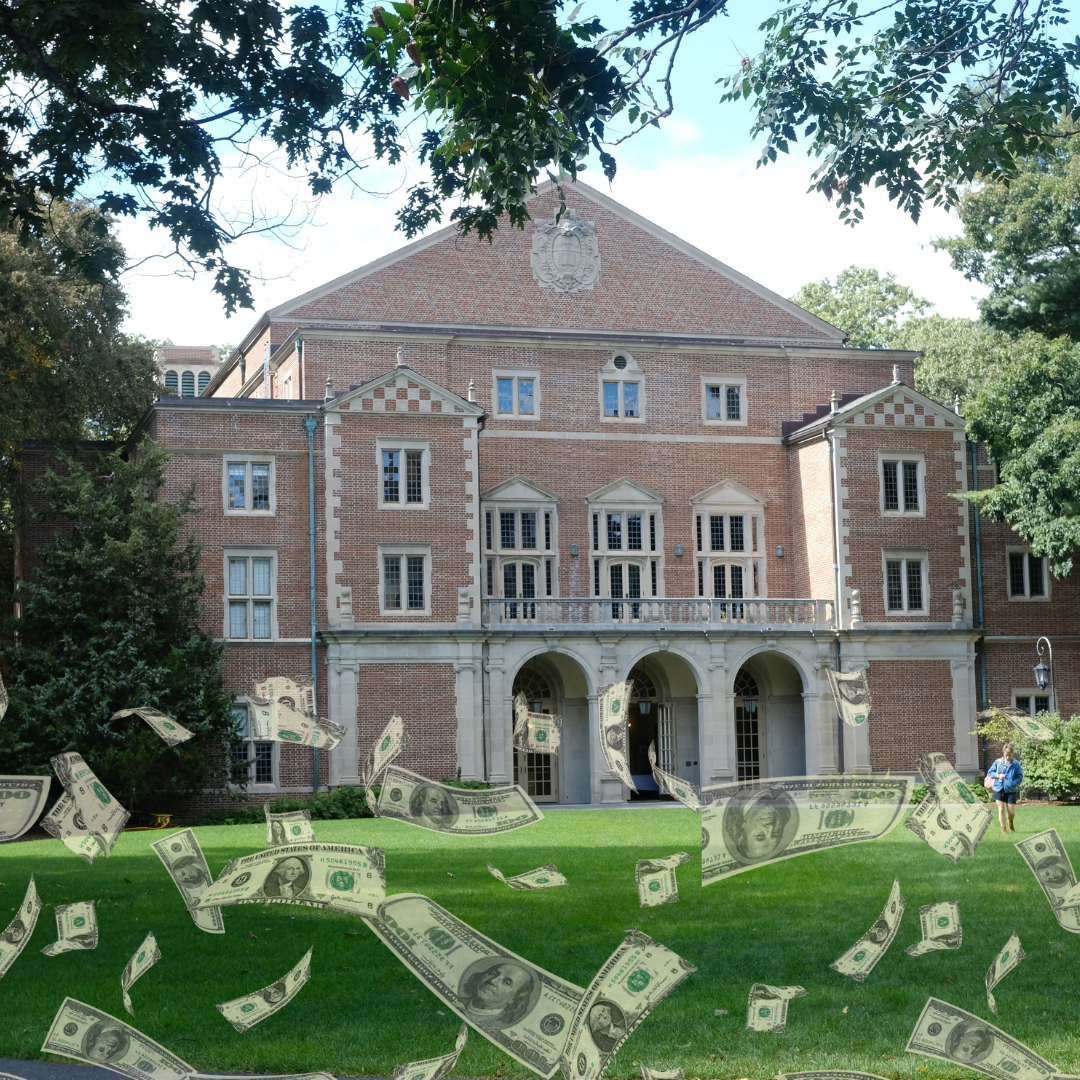My friends laughingly say that the first thing about me that anyone learns is that I’m from New Mexico. They say it laughingly because I never stop talking about my love for my state, to the point of being blatantly obnoxious. Really though, it is not a joke. I am incredibly proud to be from New Mexico, but perhaps even more than that, I am incredibly proud to be from the borderlands. I’m from Las Cruces, New Mexico, a small city located about 50 miles north of the Mexican border.
Being from the borderlands is something that many members of the Wellesley community do not understand. Even other members of the Latinx community in Massachusetts have scoffed at the fact that I live so close to northern Mexico, specifically a city like Juárez, which I have been informed is altogether dangerous and full of the dregs of society.
Even well meaning people on campus have asked me with wonder, “isn’t it dangerous there?” Professors have described my home as bleak and harsh, with a history dominated by drug cartels and gang violence that comes from Latin America.
When I first arrived to Wellesley, seeing Las Cruces through the eyes of the rest of the country was hard for me, and it’s still hard today even though I have grown somewhat used to the comments.
I want to tell the people who have never been to my home before that they don’t know anything about the borderlands. They don’t know that El Paso, Texas, another city in the area that directly borders Juárez, has been ranked among the safest municipalities in the United States for the past several years. The setting for their scary mafioso movies doesn’t capture the intense beauty of the desert, the blazing red and orange sunsets, the smell of the creosote bushes after a rain or the sound of the wind that whips across the sand in the Mesilla Valley.
They don’t know about the kindness of the people in Las Cruces, or the pride that we have for our community. They don’t know that every time my flight home begins its descent, looking out the window at the vastness of the desert surrounding the airport brings me fierce joy.
Of course − as I admit to people who take the time to listen to one of my long winded speeches about my home − the border and New Mexico are not without their problems. In 2018, New Mexico was ranked as the state with the highest rate of child poverty, with an almost unfathomable one third of our children affected.
We are also continuously ranked as one of the worst states for rates of school attendance and high school graduation. School attendance in Las Cruces in particular has been a problem in recent years, particularly amongst undocumented students.
I think members of the Wellesley community would be shocked to hear that one of the main reasons for sudden dips in attendance in Las Cruces Public Schools is not the direct result of events in Latin America, specifically Mexico or central America, but instead the United States government.
When Trump in one of his many chaotic, messy speeches about the border, talked about the crisis that was occurring, I laughed at his overblown face in my television. He and his administration were playing on the fear that crept into the voices of many of my classmates when asking me about the border, and I couldn’t stop from rolling my eyes.
As I continued listening to him speak, the condescension I felt turned into shock as I realized that I actually agreed with him. There is a crisis on the border, I concluded, just not the one that he was so uneloquently describing.
In short, my community is suffering from the intense violence that the U.S. is committing against immigrants. This violence is first and foremost acted upon the immigrants who are attempting to cross the border and claim asylum, but instead are being ripped away from their children, who are held in cold cells and cramped cages.
The reverberation of this violence is being felt across Southern New Mexico. Deportations hit an all time high during the Obama administration, but the raids committed by Immigration and Customs Enforcement (ICE) have occurred more frequently under Trump. Whenever a raid occurs in Las Cruces, the fear across the city becomes palpable, and children are the most impacted.
In February 2017, the day after ICE conducted a raid in Las Cruces, a staggering 2,100 children missed school. Teachers and counselors who were in charge of the students who did show up reported signs of trauma. Some children were actively crying, others were acting out and showing signs of dissociation. Students willing to talk to counselors almost all voiced variations of the same fears: that their families were going to be deported, that they were going to be taken away from Las Cruces.
School officials called for the raids to stop in the wake of the damage that it was causing to students and their learning processes. These calls were not just the impartial voices of people prevented from doing their jobs, but instead were the bellows of a community wounded by the violence of ICE. In Las Cruces, those of us with the immense privilege of citizenship know that it is our responsibility to help immigrants who are impacted by these raids, as well as help them navigate other concerns that the Trump administration has raised. We have protested, volunteered and donated money in support of immigrants, but no widespread reform will occur until national narratives about the cause of this crisis changes, and people center Trump and the United States government, rather than Latin America, as the villains in this situation.





